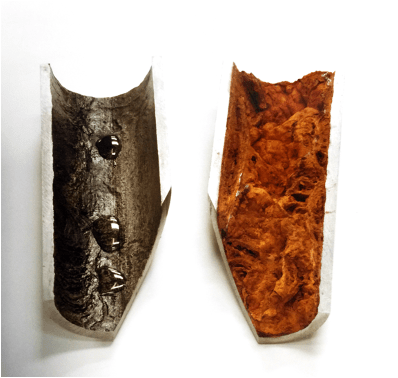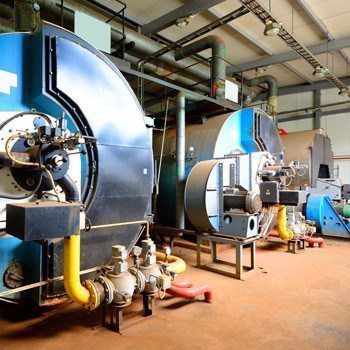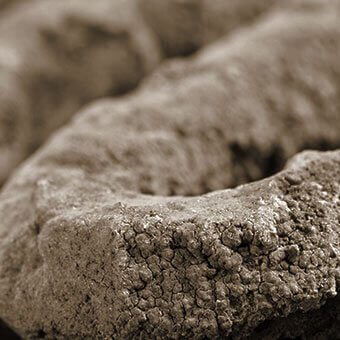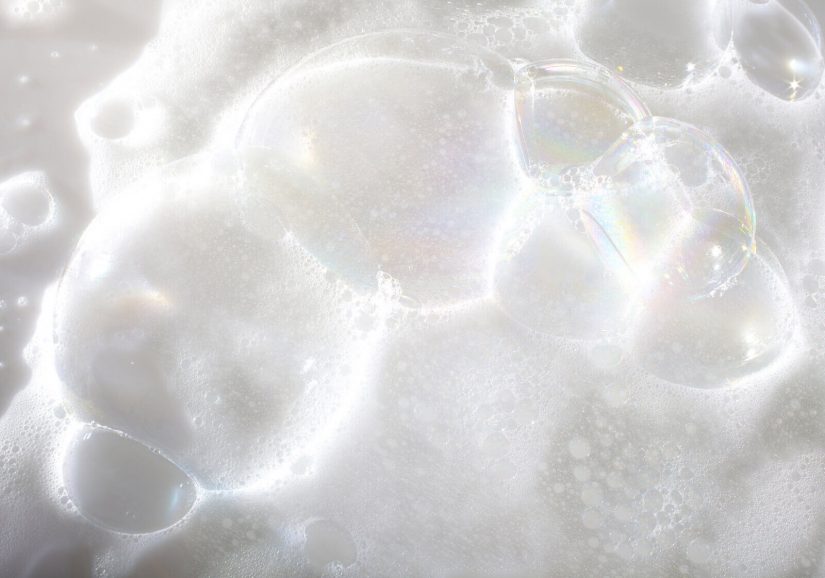Guides and knowledge on boiler water treatment
The Hospital ran three cycled steam boilers all of which suffered boiler water which was heavily contaminated with red-brown suspended solids, this often made testing chemical parameters difficult due to the problem in trying to distinguish colour changes.
When it comes to protecting your boiler from corrosion there are two aspects you need to look at, first is choosing the right chemical treatment and the second is hotwell/feedwater temperature.
You can buy the chemicals mentioned in this procedure in our web shop by following their links. Before starting ensure that the Descaler is suitable for the system metallurgy. DESCALER ‘SF’ should NOT be used on stainless steel, aluminium or galvanised surfaces. Iron / SteelCopper & BrassStainless SteelGalvanised SteelAluminium Descaler SFYesYesNoNoNo Descaling PowderYesYesYesNoNo Set up…
The importance of the boiler feedtank, where boiler feedwater and make-up water are stored and into which condensate is returned, is often underestimated. Most items of plant in the boiler house are duplicated, but it is rare to have two feedtanks and this crucial item is often the last to be considered in the design…
Feedwater Ltd manufacture and service water softeners throughout the UK Softeners have two main modes, or cycles, of operation: service and regeneration. During the service cycle, the softener exchanges ‘hard’ cations for sodium, causing progressive depletion of exchangeable sodium to the point of exhaustion. The softener is then ‘regenerated’ by saturating the resin bed with…
If you are experiencing carryover issues also known as ‘Priming’ then we would advise you to speak to us for a free onsite consultation, our experts can perform a full water analysis report of your boiler, hotwell and make up water and discuss with you the best way to achieve efficient boiler water treatment and care, however in the mean time we can provide a chemical stopgap for reducing the risk of carryover.
Inefficient heat transfer is often the cause for loss of capacity and unscheduled outage. As mentioned in a previous article, surfaces through which heat passes are called heat transfer surfaces. One example of this is cooling water tube bundles, which take heat from process liquids, hot water or steam. The points at which the heat…
Boiler feedwater regardless of the type and extent of external treatment may contain contaminants that can cause deposits, corrosion and carry-over. The three main objectives of a boiler water treatment programme are therefore to: prevent formation of deposits reduce corrosion of metals prevent boiler water carry-over. This article explains the cause of, problems caused by…
Corrosion is the reversion of metals to their natural state by oxidation, an electrochemical reaction that causes a loss of the metal structure. The site where corrosion occurs is called a corrosion cell. Corrosion may take a variety of physical forms. General corrosion occurs when corrosion cells are spread broadly across large surface areas; pitting…
Fire Tube or Shell Boilers This is the most common type of boiler used in small and medium sized industrial installations. Fire tube boilers are often produced as ‘packaged’ units complete with pumps and control system, requiring only connection to a suitable water and fuel supply before commencing operation. In fire tube boilers the flame…




